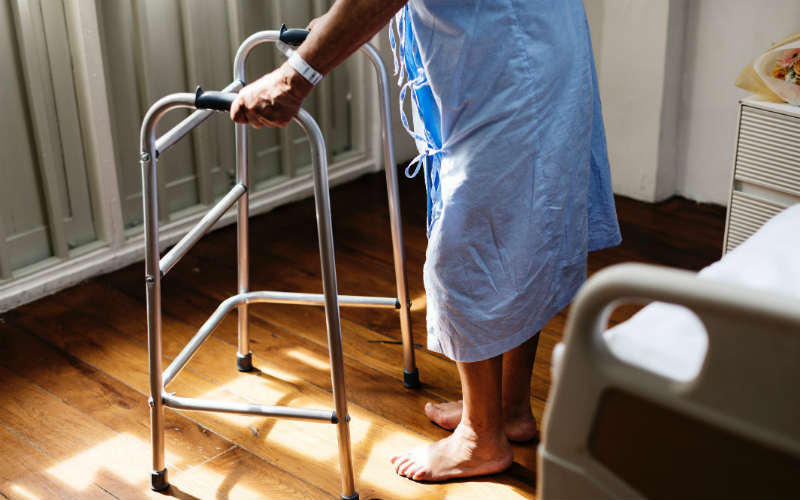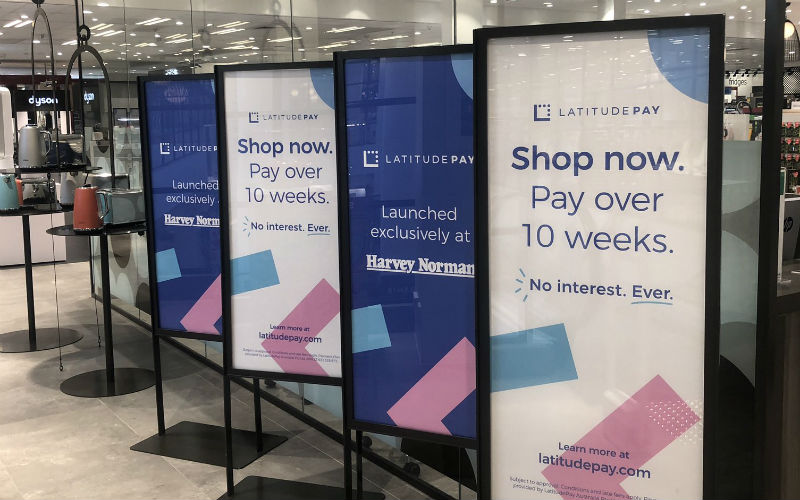Australian travel and tourism has taken a huge hit in recent months due to coronavirus, with almost all international and domestic flights grounded as the country went into a partial shutdown.
Although some restrictions are starting to ease here, it doesn't look like full international travel will be possible until 2021 at least, much to the chagrin of travel-hungry Aussies.
But the good news is, tickets could be a whole lot cheaper when the time comes.
Analysis by American cheap flights alert platform Dollar Flight Club suggests flight prices could be set to drop by 35% on average through 2021.
However, over the five years to 2025, the average ticket price could rise by more than a quarter (27%) on 2019 prices.
“Analysing data from past downturns and the initial response from airlines as COVID-19 impacts the industry, we can expect lower airfare prices in the short term, and in the long term, as pent up travel demand picks back up, we will see airfare prices increase substantially above 2019 levels,” the report said.
The report references two other significant events in the aviation industry over the past 20 years: 9/11 and the global financial crisis (GFC).
Immediately after the fallout of 9/11 in 2001, ticket prices fell by 18% before rising 25% above the average (43% from the bottom) by 2003.
After the GFC, prices fell by 21% in 2008 before hitting a peak of 24% above the average in 2012.
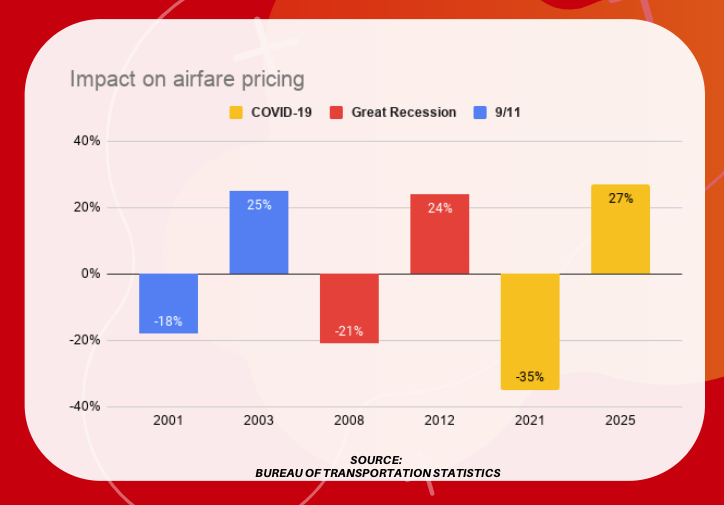
(Source: Dollar Flight Club/US Bureau of Transportation Statistics)
The fall in prices we could be set to see may far eclipse those.
The report notes that airlines are expected to cut back on the number of flights and routes, especially domestically, in the years following, which would see prices rise.
“We can expect at least a 30% reduction in domestic routes between 2020 and 2025 due to COVID-19.”
Other difficulties customers can brace themselves for in the new world of travel include:
- More bag fees and cancellation fees
- Additional seat fees, more charges for snacks and drinks and other fees, like fees for changing tickets
- Flights will continue to grow fuller and less comfortable
"In the short term, for travellers willing to book flights today for future travel, these industry shocks are decreasing flight prices significantly," the report said.
"In the long term, the airline industry is about to get much smaller which is bad for passengers. Customers will have fewer choice of airlines, flight times, and available routes and markets.
"All of that means passengers will pay more when they return to the air."
Why will tickets be cheaper next year?
There isn't a 100% guarantee that tickets will be cheaper next year, as coronavirus is a unique situation and the full impacts are yet to be realised.
However, Associate Professor in Aviation at the University of South Australia Kate Quigley said prices could be lowered to stimulate demand among cautious customers.
"Raising the price could cause a further reduction in demand because customers might determine that the price is higher than the value," Professor Quigley told Savings.com.au.
"In the world post-COVID, it might be reasonable to assume that some of the public would have feelings of trepidation about travel in general.
"Therefore, lowering the price in order to stimulate demand might encourage more travel, which is what happened after 9/11. If an airline can weather the storm of suffering some loss in the short run, they might come out the other side a bit stronger.
"Once demand has increased and shows signs of stability, the price can rise to what the market will bear."
She also said Australian airlines would need to reduce fixed and variable costs post-COVID19.
"While labour costs and fuel are major expenses, airlines need to find innovative solutions to reduce costs in other areas of operations.
"It might be beneficial for airlines to consider improving relationships with one another so that they can share technology infrastructure, optimise inventory management through pooling spare parts, and reduce overhead by sharing professional services.
"By reducing the costs, an airline could still have a profitable bottom line while keeping ticket prices lower."
How to get a good deal on your next ticket purchase
Ticket prices are always changing, and there's no sure-fire way to know what they'll cost this time next year.
If you are planning on booking it out of here as soon as humanly possible, Professor Quigley says you can get a good deal on flights by being flexible in your arrangements.
"Prices can change at any moment, and they can change several times for seats on the same flight," she said.
"Buying tickets reasonably early, flying during a non-peak time or season, and accepting certain restrictions like non-refundable tickets may help to get a lower price on airfare.
"However, if a person were to have incredibly flexible plans, really great deals can be found at the last minute, as an airline has the option of either making a little bit of money for a seat, or flying with the seat empty."
Virgin Mark II needs to be full service
The chairman of Australia's chief competition regulator, the Australian Competition and Consumer Commission (ACCC), Rod Sims, has warned of the damages that would occur to the airline industry and the economy if Virgin emerged from administration as a low-budget carrier.
Mr Sims says Virgin Australia must be a full-service airline, aka one that offers a range of different flight options (first class, premium economy etc.), in-flight entertainment meals and perks.
"It's crucial that we have two full-service airlines. You need two proper full-service airlines between those major centres and more,'' he told the Australian Financial Review.
"Obviously the new owner might want to change it a bit, I'm sure they will in various ways, but you wouldn't want to build it from scratch."
Mr Sims also said the ACCC would be watching the aviation industry "very closely" to ensure Qantas doesn't necessarily increase capacity and create "expansionary barriers" for a revived Virgin.
Virgin Australia Group Chief Executive Officer Paul Scurrah has previously said Australia needs two high-quality airlines.
"Australia needs a second airline and we are determined to keep flying," he said.
"Virgin Australia will play a vital role in getting the Australian economy back on its feet after the COVID-19 pandemic by ensuring the country has access to competitive and high-quality air travel.”
Read: What happens to Virgin Velocity points should Virgin Australia go under
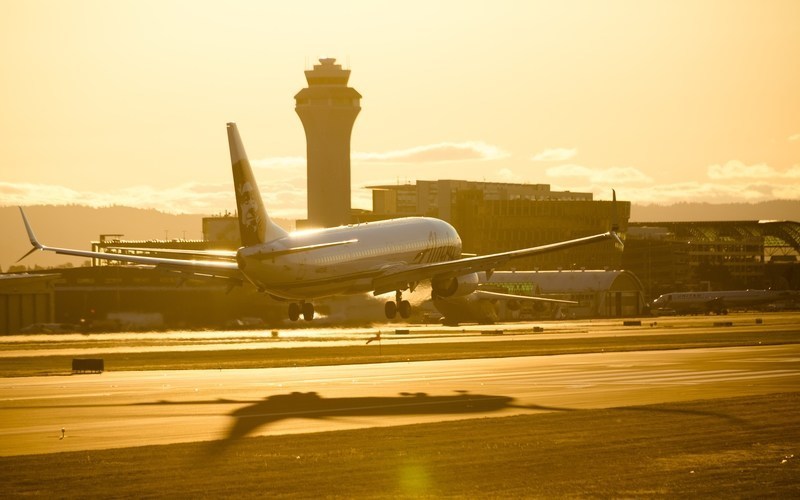


 Harrison Astbury
Harrison Astbury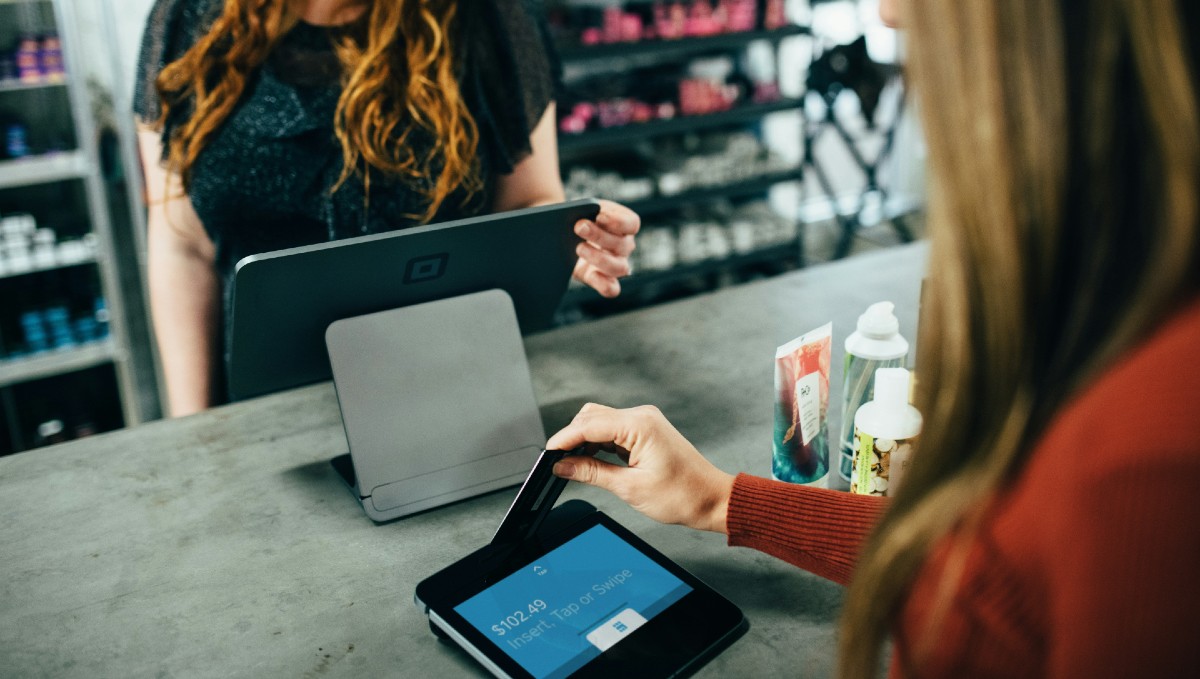
 Denise Raward
Denise Raward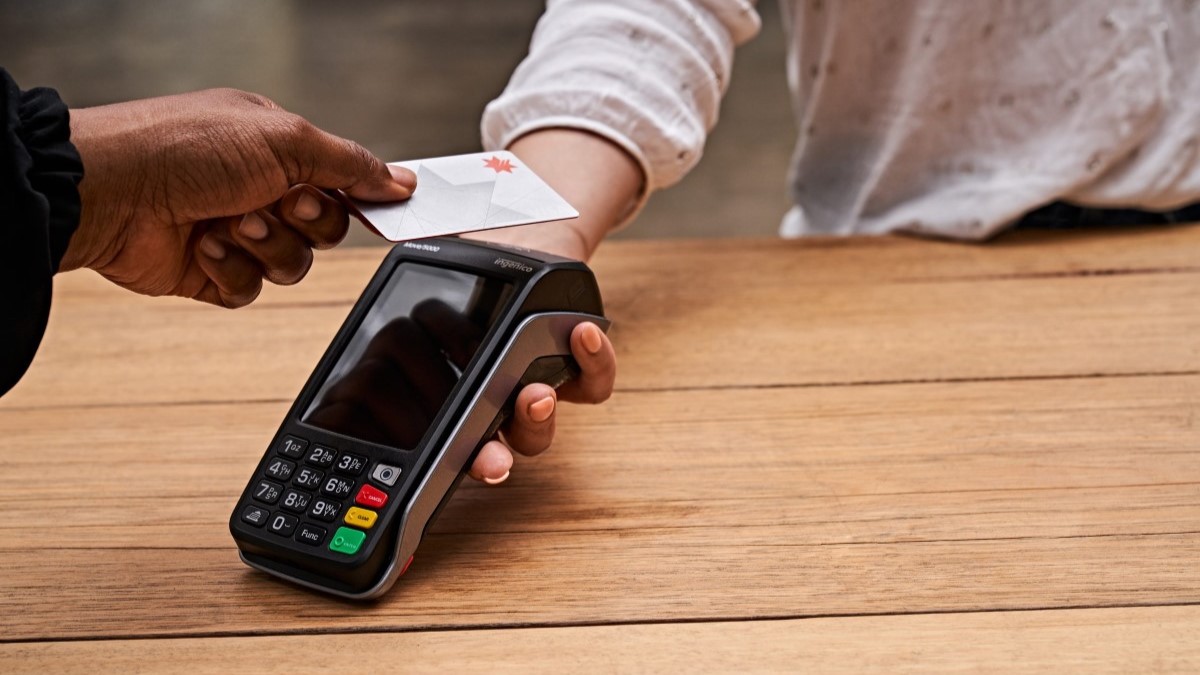
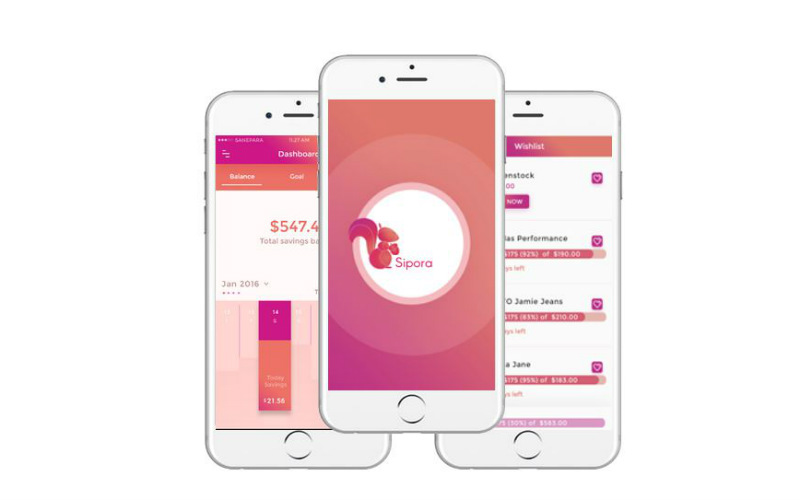
 Emma Duffy
Emma Duffy